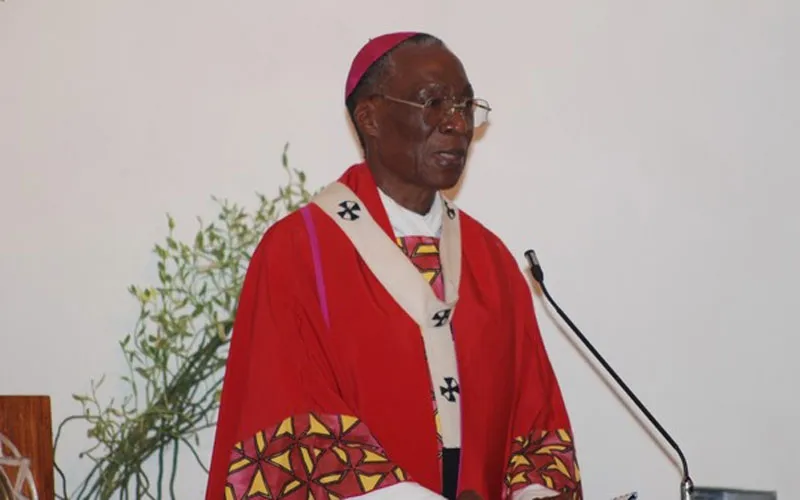Mali is currently under the leadership of Colonel Assimi Goita who led two coups in a span of nine months, first ousting the country’s elected President in August 2020, and on 24 May 2021, the interim leaders who were to head the country’s transitional government.
Following the May 24 coup, Mali’s constitutional court named Colonel Goita the transitional President, until the West African nation holds elections to replace the country’s elected President, Ibrahim Boubacar Keita, who was ousted in August 2020.
The move attracted criticism and condemnation, with the Catholic Church leaders in the country terming the May 24 events “seizure of power outside the legal process.”
In his Easter Sunday homily, Cardinal Zerbo expressed sadness at painful events taking place around the world.
“For several years we have been living in a world marked by violent conflicts,” the Archbishop of Bamako said, and added, “There are so many deaths; so many wounded; so many displaced persons; so many widows and orphans; so many elderly people deprived of their support.”
He continued, “May the Lord grant eternal rest to all our dead, to all those who have lost their lives in these conflicts.”
“It is not by chance, but rather a sign of providence that the Muslim community in Mali and throughout the world has begun this month of Ramadan a few weeks before the end of Christian Lent,” the 78-year-old Malian Cardinal said.
He urged Christians and Muslims to “better understand the events in the light of Easter, in the light of the stories about the life of the Messiah, his suffering, his death and essentially his resurrection and glorious ascension.”
In January, members of the Episcopal Conference of Mali (CEM) appealed for dialogue to find solutions acceptable to all citizens of the West African nation amid sanctions imposed by ECOWAS.
“Mali is living a critical moment of its existence, but with faith in God and trusting in the Malian men and women, as well as in the people and institutions that are helping us, we reaffirm our faith in the virtue of dialogue among brothers,” CEM members said in their message issued at the end of their Plenary Assembly in the Archdiocese of Bamako on January 27.








